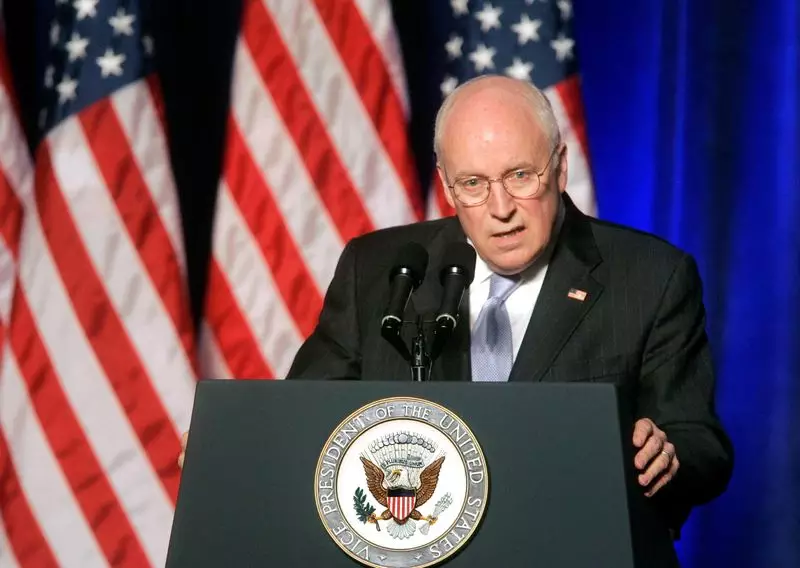
The political world lost one of its most formidable figures as Dick Cheney, the 46th Vice President of the United States, passed away at 84 years old. Serving under President George W. Bush from 2001 to 2009, Cheney redefined the role of vice presidency, becoming one of the most influential and controversial figures in modern American history.
The Architect of Hawkish Foreign Policy
Cheney's tenure was marked by his unwavering advocacy for strong national security measures following the devastating 9/11 attacks. His fingerprints were all over some of the most significant US foreign policy decisions, including:
- The 2003 invasion of Iraq based on weapons of mass destruction claims
- Enhanced surveillance programs through the Patriot Act
- Controversial interrogation techniques critics called torture
- Expansion of executive branch powers
His assertive approach to governance earned him both fierce loyalty from conservatives and vehement criticism from liberals and civil liberties advocates.
From Wyoming to White House: A Political Journey
Cheney's political career spanned decades, beginning in the late 1960s. His remarkable trajectory included:
- White House Chief of Staff under President Gerald Ford at just 34
- Six terms as Wyoming's Congressman
- Secretary of Defense under President George H.W. Bush during Gulf War
- CEO of Halliburton before returning to politics as Vice President
This extensive experience across legislative, executive, and corporate sectors made him uniquely positioned to wield unprecedented influence as vice president.
A Complex Legacy That Divides America
Dick Cheney remains one of the most polarising figures in recent American memory. Supporters credit him with keeping America safe during turbulent times and praise his steadfast leadership. Detractors point to the Iraq War's prolonged conflict, enhanced surveillance programs, and what they describe as erosion of civil liberties.
His daughter Liz Cheney followed in his political footsteps, serving as Wyoming Congresswoman and becoming a prominent Republican critic of former President Donald Trump—a stance that put her at odds with much of her party but demonstrated the family's consistent conservative principles.
As historians continue to assess his impact, Dick Cheney's legacy serves as a powerful reminder of how vice presidents can shape national and global affairs, for better or worse. His passing marks the end of an era in American politics that continues to influence current foreign policy debates and political dynamics.





